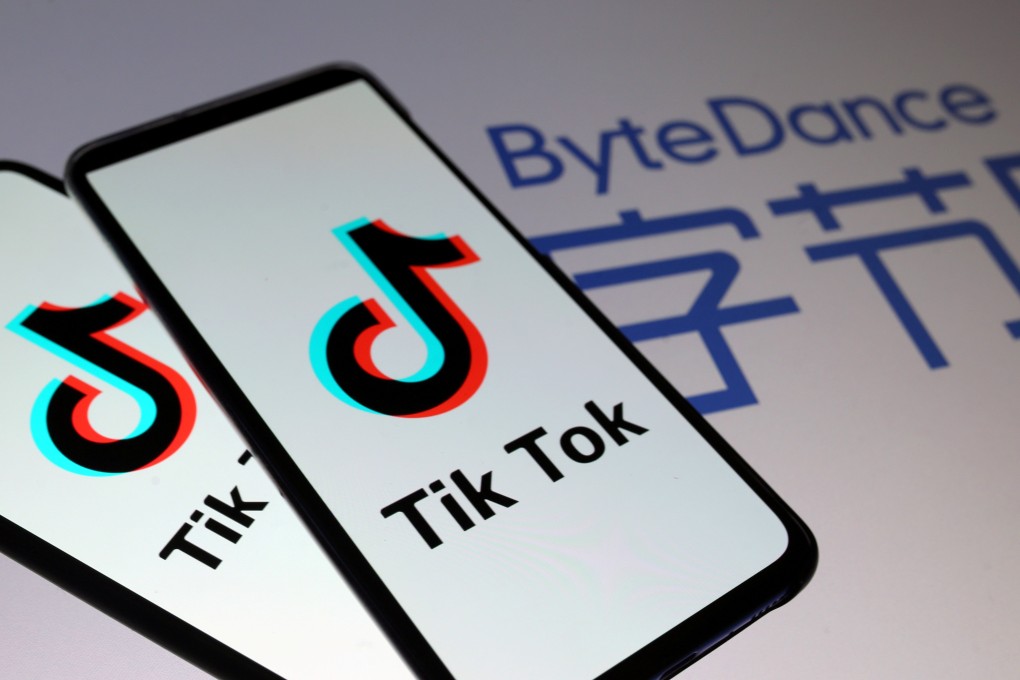US Army bans TikTok on military devices, signalling growing concern about app’s Chinese roots
- It follows a ban from the US Navy and a ‘cyber awareness’ message from the Defence Department urging the Pentagon’s 23,000 employees to uninstall the app because it could potentially expose personal data to ‘unwanted actors’.

An Army spokeswoman told Military.com in an interview released this week that the app was “considered a cyber threat” and not allowed on government-issued devices. An Army spokeswoman told The Washington Post on Tuesday that the service branch was adhering to directions from the Defence Department, which flagged the app for “potential security risks.”
A Pentagon spokesman said the threat is related to potential loss of personally identifiable information but would not provide further detail. TikTok did not immediately respond to a request for comment.
The Army’s ban and the rare notice from the Pentagon, which does not generally issue policy measures on individual social media services, reflects deep-rooted doubts throughout Washington about TikTok and its Chinese parent, ByteDance. Some of their suspicions stem from criticisms raised by TikTok’s former employees, who told The Washington Post earlier this year that the company in the past restricted videos in alignment with Chinese rules on acceptable speech.
In response, TikTok has sought to rebut lingering privacy, security and censorship concerns. It says it stores US users’ data in Virginia with a backup in Singapore, for example, and does not apply Beijing’s strict content guidelines in the United States. But those assurances have hardly satisfied lawmakers, some of whom had planned to grill the app’s leader, Alex Zhu, on a trip he planned to make to Washington in December but ultimately cancelled, citing scheduling conflicts.